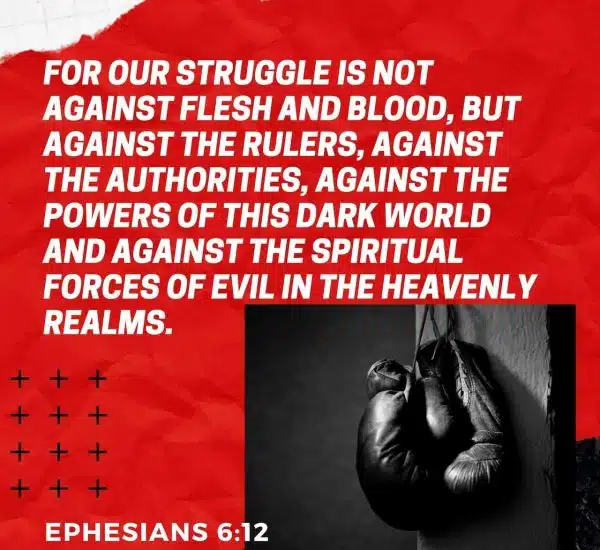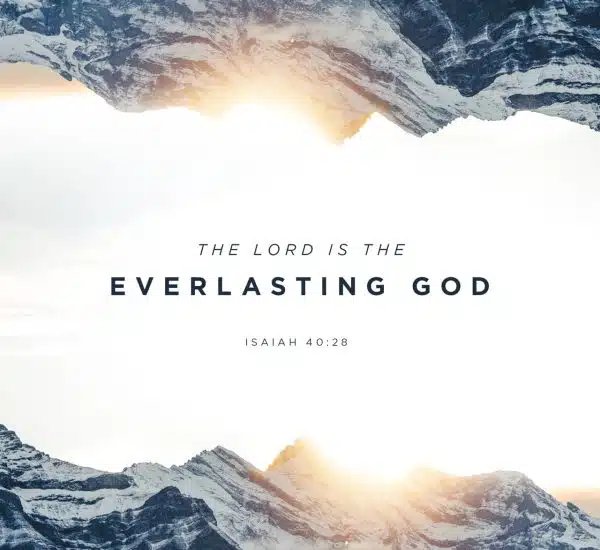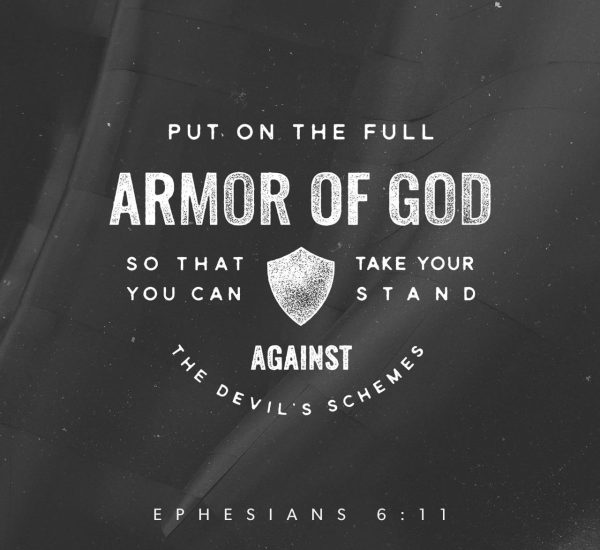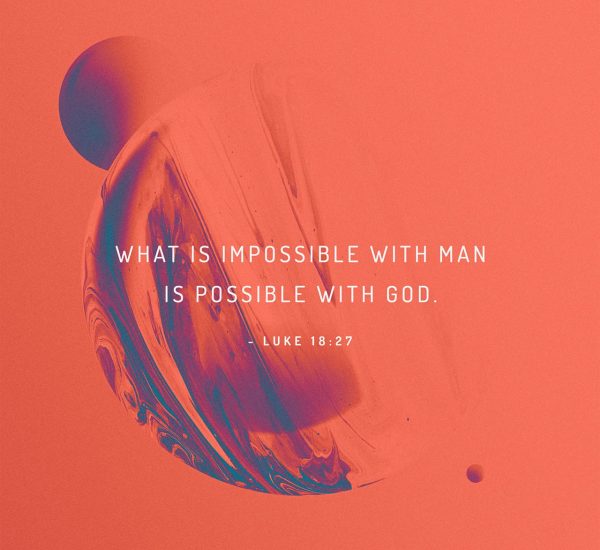THURSDAY, OCTOBER 9, 2025
Jesus: Our Royal and Eternal Priest, the Fulfillment of a Better Covenant
MESSAGE: A NEW PRIESTHOOD IN THE ORDER OF MELCHIZEDEK
The book of Hebrews is a theological masterpiece designed to demonstrate the absolute superiority of Jesus Christ over every person, practice, and covenant of the Old Testament. Nowhere is this argument more powerfully made than in Hebrews 7:1-14, where the author introduces the mysterious and monumental figure of Melchizedek as the archetype for Jesus’ priesthood.
For the early Jewish believers, the Levitical priesthood—descended from Aaron, based on genealogy, and anchored in the Mosaic Law—was the foundation of their religious life. The author dismantles this foundation by proving that even the great patriarch Abraham recognized and submitted to a higher order of priesthood—the order of Melchizedek.
This passage establishes that God is not static in His administration. When the Old Order proved inadequate, He instituted a new, eternal, and better covenant Priesthood in Jesus Christ, who combines both kingship and priesthood forever. This shift from the tribe of Levi to the tribe of Judah is the foundation of our complete and eternal salvation.
1. Melchizedek: The Archetype of Christ
The text begins by introducing Melchizedek, whose very name and titles point directly to Christ.
King of Righteousness and Peace (Hebrews 7:2): Melchizedek is first introduced as the King of Salem (which means “peace”) and, by interpretation of his name, King of Righteousness. Jesus is the ultimate King who establishes both righteousness and peace in the hearts of those who believe.
Superiority Confirmed by Abraham (Hebrews 7:6-7): The core proof of Melchizedek’s greatness is found in his interaction with Abraham. Melchizedek blessed Abraham, and the universal spiritual principle is that “the less is blessed by the greater.” Furthermore, Abraham, the patriarch and recipient of the covenant promises, paid tithes to Melchizedek. The fact that Abraham honored him with a tithe is used as undeniable evidence of Melchizedek’s superiority.
The Eternal Analogy (Hebrews 7:3): Melchizedek is described without a recorded father, mother, or genealogy, highlighting his unique and eternal nature, which serves as an analogy for Christ’s priesthood. He is portrayed as “without father, without mother, without genealogy, having neither beginning of days nor end of life, but made like the Son of God, remains a priest continually.” He is a shadow of the eternal Christ.
2. The Obsolescence of the Levitical Priesthood
The author uses the superiority of Melchizedek to prove the inadequacy of the Levitical Priesthood.
The Principle of Subjection
The crucial argument lies in the fact that since Abraham paid tithes, the Levitical priesthood, which was descended from Abraham, was therefore subject to Melchizedek’s higher order (Hebrews 7:9-10). Levi, the ancestor of the entire Levitical line, symbolically paid tithes to Melchizedek through his forefather Abraham.
This single act seals the fate of the Old Priesthood. If the foundation (Levi) recognized the superiority of a different order (Melchizedek), then the system built upon that foundation (the Law and the Levitical Priesthood) is also subject to that higher order. This further underscores that Jesus’ new priesthood is also superior to and supersedes the Levitical order.
Inability to Bring Perfection
The passage implies that the Levitical system, with its repeated sacrifices and limited priests, could not bring perfection (Hebrews 7:11). The Law’s purpose was to expose sin, not remove it eternally. If perfection could have been achieved through the Aaronic priesthood, there would have been no need for a new priest to arise.
3. Jesus: The New, Eternal, and Royal Priest
God’s answer to the inadequacy of the Levitical system was to establish a priesthood that would bring genuine and eternal salvation. This required a monumental disruption of the existing order.
A New Lineage and Law
Change in Law and Tribe (Hebrews 7:12-14): The change in the priesthood necessitates a change in the Law itself. The Law stipulated that priests must come from the tribe of Levi. However, Christ comes from a different lineage—the tribe of Judah—a tribe for which Moses’ law made no provision for priests. This sets the stage for a completely new, superior priesthood rooted in God’s sovereign choice, not in human genealogy.
Royal Priesthood: God deliberately disrupted the tribal priestly order made by man and appointed His own priesthood that will combine both rulership and priesthood from the tribe of Judah. This is why Jesus Christ is a Royal Priest—He is King of kings and eternal Priest forever.
An Indestructible Life and Divine Oath
Jesus’ priesthood is superior because it is not limited by mortality or earthly lineage. It is based on a powerful, “indestructible life” (Hebrews 7:16). The Levitical priests continually died, requiring constant replacement. Jesus lives forever.
Furthermore, Jesus’ new priesthood is Established by God’s Oath: Jesus, a priest forever in the order of Melchizedek, is sealed by God’s promise, giving it an authority and finality that the Law never possessed. Jesus brings a better covenant and offers complete and eternal salvation, unlike the Old Covenant (Hebrews 7:22-25).
4. Our Response: A Royal Priesthood
The profound truth of Jesus’ ministry as our eternal High Priest has direct consequences for our daily lives.
We Are a Royal Priesthood: All those who believe in Him are also called a royal priesthood (1 Peter 2:9). Because Jesus holds the kingship and the priesthood, we, His followers, participate in both His authority and His ministry. We are not defined by earthly caste or lineage, but by our new birth in Christ.
Responsibility and Commitment: This new order makes us to be responsible and committed to follow our Great High Priest Jesus Christ forever and ever. Our primary commitment is to Him, the one who lives to intercede for us.
Spiritual Sacrifices: Our new priesthood requires us to offer spiritual sacrifices daily (Hebrews 13:15)—sacrifices of praise, service, good deeds, and submission to God’s will. We do this not to earn salvation, but as an overflow of gratitude for the complete salvation we have already received.
Dependence on His Finished Work: Our faith is anchored in the fact that Jesus’ offering of Himself was once and for all. We must constantly depend on the sacrifice Jesus Christ offered for our salvation, knowing it needs no addition and allows no rival.
The work is complete. The Priest is eternal. The covenant is better. Our salvation is sure.
Prayer
Father, please help me to depend on the sacrifices Jesus Christ offered for my salvation in Jesus’ name. Amen.






